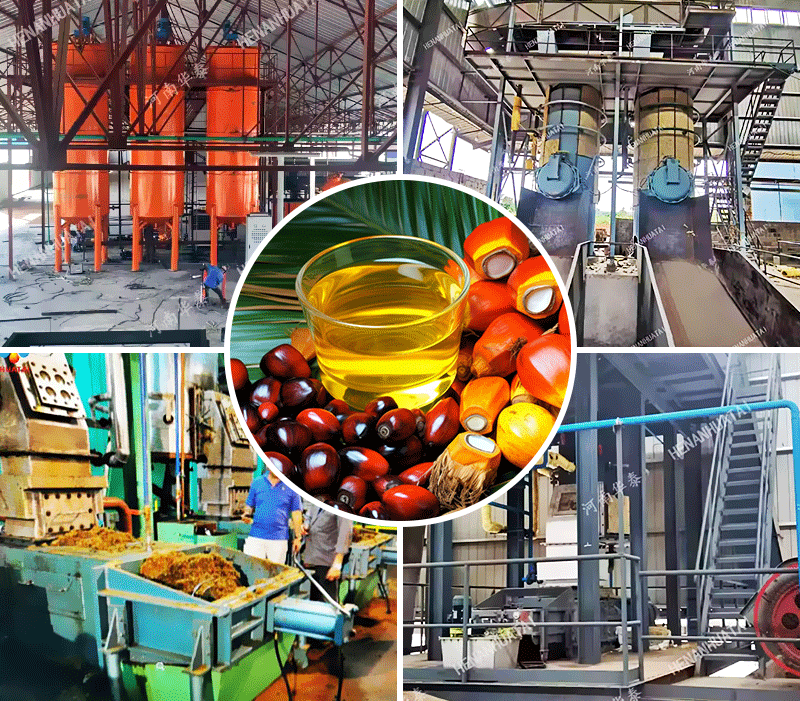China leading palm oil mill plant machine manufacturer and supplier
Email:info01@cnoilmachine.com
Advantages
Resource and Production Advantages: Colombia boasts favorable climate conditions and abundant land resources, making it ideal for palm oil cultivation. Palm oil cultivation is primarily concentrated in the northern provinces of Atlantica, Magdalena, and Cesar. Current production is approximately 1.5-2 million tons per year, accounting for approximately 2% of global production, making it an emerging force in palm oil production in the Americas.
Policy Support: The Colombian government actively promotes the development of the palm oil industry, introducing a series of preferential policies, such as subsidies and tax incentives, to encourage farmers and businesses to invest in palm oil cultivation. These policies also include technical training and infrastructure development.
Market Prospects: Palm oil is a widely used vegetable oil worldwide, used in a variety of applications, including food, cosmetics, and biodiesel. As a major palm oil producer, Colombia's palm oil industry employs nearly 200,000 people. Its products not only meet domestic demand but are also exported to other countries. With the continued growth of global demand for palm oil, the market prospects are promising. Challenges
Infrastructure: Colombia's infrastructure is relatively underdeveloped, with underdeveloped supporting facilities like transportation and electricity. This hinders the construction and operation of palm oil mills, increasing transportation and production costs.
Labor Quality: Colombia's labor force is relatively low-quality, with a shortage of highly skilled personnel. This can create challenges for palm oil mill production and management, requiring companies to invest more time and money in employee training.
Sustainability Requirements: With growing global attention to environmental protection and sustainable development, the palm oil industry faces increasingly stringent sustainability requirements. For example, the EU Deforestation Regulation imposes higher standards on the production and trade of palm oil, requiring companies to invest more resources to ensure compliance, increasing operating costs and management difficulties.
Historical and Social Issues: The development of Colombia's palm oil industry has been accompanied by social issues, such as forced labor and illegal encroachment on indigenous lands. These issues can spark social controversy and public pressure, negatively impacting a company's image and operations.

Construction Costs
Factory Construction Costs: Including building construction, equipment installation, and pipeline installation, the construction cost of a medium-sized palm oil processing plant is approximately US$5 million. Equipment Costs: Palm oil processing requires a range of equipment, such as sterilizers, fruit threshers, presses, and refiners. The equipment costs for a medium-sized plant are approximately $2 million.
Land Costs: Palm oil processing plants require a large area of land, typically between 50 and 100 acres. The land costs for a medium-sized plant are approximately $1 million.
Labor Costs: The annual operating costs (including wages, etc.) of a medium-sized palm oil processing plant are approximately $2 million.
Building a palm oil mill in Colombia requires thorough market research and feasibility studies, as well as a sound plan and strategy to address various challenges and ensure smooth project implementation and operation.
If you are interested in our palm oil machine and palm oil mill plant. You can contact us through online consultation, filling out the form below, email, phone, etc. Our engineers will customize the most suitable plan and best price for you.